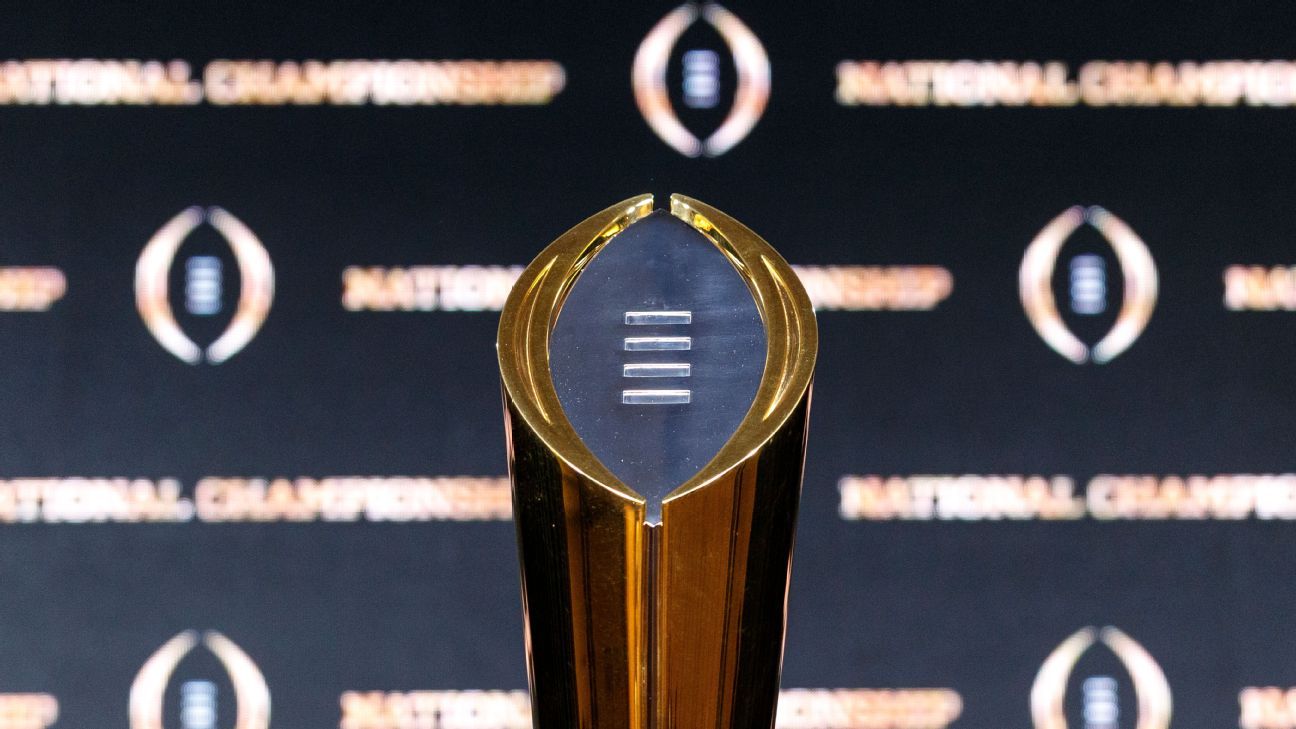Footballschland: American Football MADE IN GERMANY – Episode Updates, Interviews, and Match Analysis
Episode No episode selected S01E66 Match2Watch #week17 S01E65 Match2Watch #week16 S01E64 Update with Moritz Schmoranzer, OL DL, Pittsburgh Panthers S01E63 Match2Watch #week14 S01E62 In conversation with Kelvin Schmidt, DT, Stephen F. Austin State University S01E61 Match2Watch #week13 S01E60 Match2Watch #week12 S01E59 In conversation with Linus Zunk, DE, Vanderbilt S01E58 Match2Watch #week11 S01E57 Match2Watch High School … Read more





